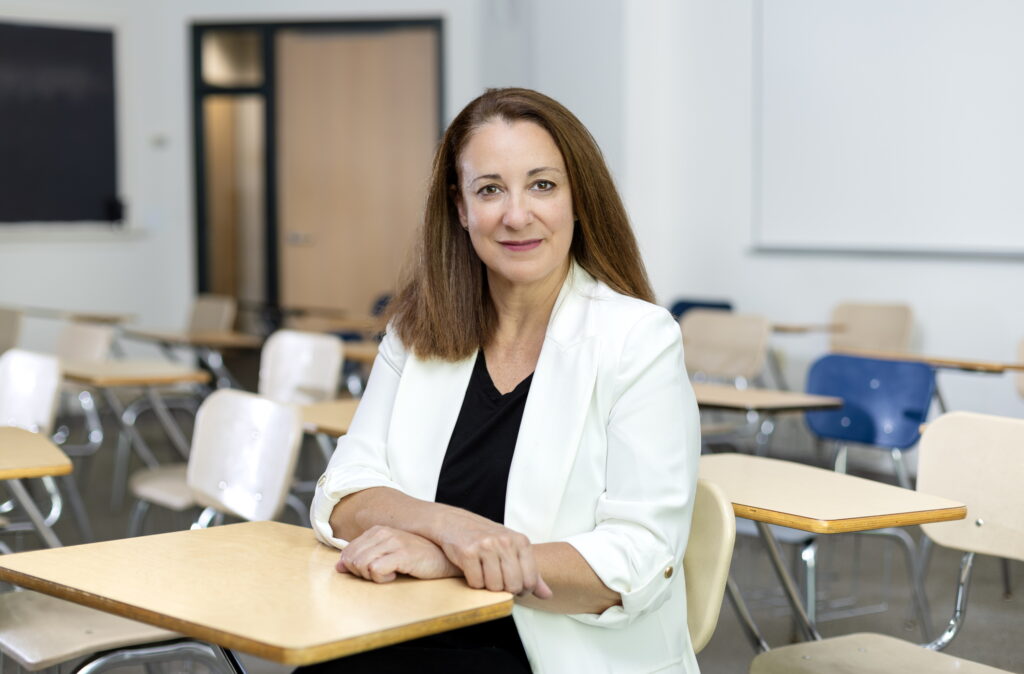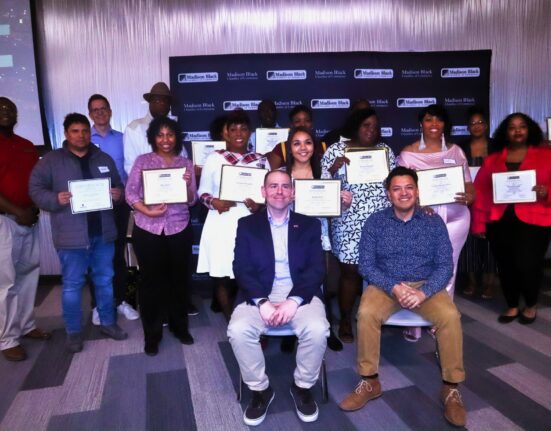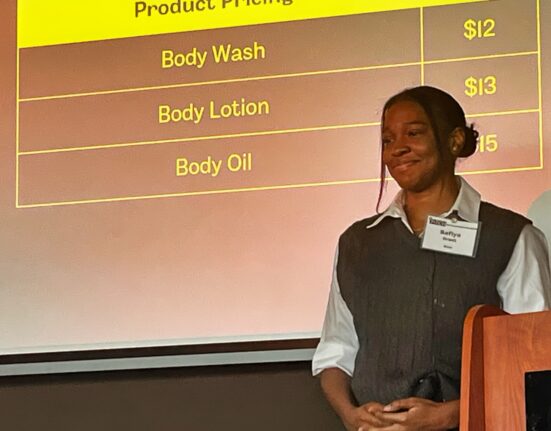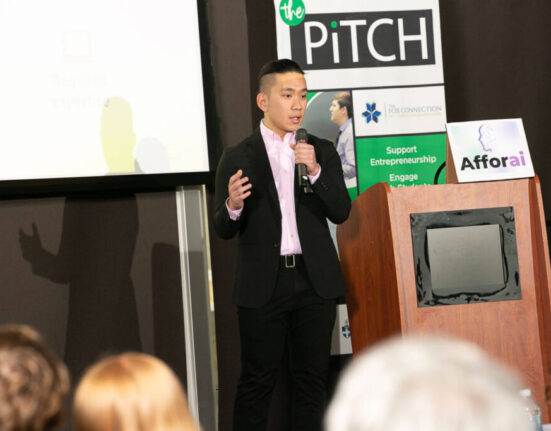
Rosa Tapia, a professor of Spanish at Lawrence University in Appleton, has begun a four-year term as the national leader in the evaluation of the College Board’s Advanced Placement (AP) Spanish exam, Lawrence announced in a press release Tuesday.
A member of the Lawrence faculty since 2002 with a focus on Spanish and Latin American film and 20th-century Spanish literature, Tapia has been active in the AP Spanish Language & Culture program since 2007. Her appointment as the national chief academic consultant for AP Spanish—affectionately known as the “chief reader”—began July 1.

“It is an absolute honor for me to guide an exceptional group of approximately 1,500 faculty from over 1,200 colleges, universities, and secondary schools worldwide, all coming together to shape the future of Spanish language education,” Tapia said in a statement.
AP exams, offered by the College Board, are taken by high school students each spring, a culmination of year-long AP courses. AP exams can lead to college credits and assist colleges and universities with placement decisions.
For 16 years, Tapia has been part of a team of educators working with the AP Spanish program, evaluating students’ Spanish language proficiency, setting standards of evaluation, and establishing exam content. She has been invited to give talks and workshops to university educators and administrators across the country. Now she will lead that team over the next four years.
In a statement Tuesday, Tapia called her appointment a “significant milestone that fills me with immense pride and a profound sense of responsibility.”
That responsibility revolves around establishing robust and equitable standards that guide colleges and universities in granting AP credit and placing students in appropriate courses.
“This work holds immense significance for Lawrence and for over 2,600 institutions of higher learning across the nation,” Tapia said in the statement. “These include highly selective colleges and flagship public universities that entrust my team’s expertise to make decisions that significantly impact the academic futures of countless students.”
Over the course of the next four years, Tapia will oversee the evaluation of Spanish language proficiency for more than 700,000 students, according to the press release. AP Spanish participants include students from all backgrounds who choose to immerse themselves in the Spanish language and its cultures. The AP program draws both Latinx students who identify as heritage learners—many are growing up in multicultural environments and not automatically fluent in Spanish—and students who are second-language learners.
“For many, the AP Spanish program serves as a gateway to other AP classes, a strong incentive to pursue a college education, and a reliable predictor of future academic success and degree completion,” Tapia said in a statement. “Through my role, I aim to contribute to increased access to higher education for underrepresented communities. The AP Spanish Language & Culture program serves as a vital pathway for these students to realize their aspirations of a college education.”
The AP leadership is an extension of the work Tapia has been doing at Lawrence for more than two decades. That includes co-founding the annual Latin American and Spanish Film Festival on campus. She helped launch the festival in 2012, bringing award-winning films from Latin America and Spain to Lawrence and connecting the community to national and international filmmakers.






